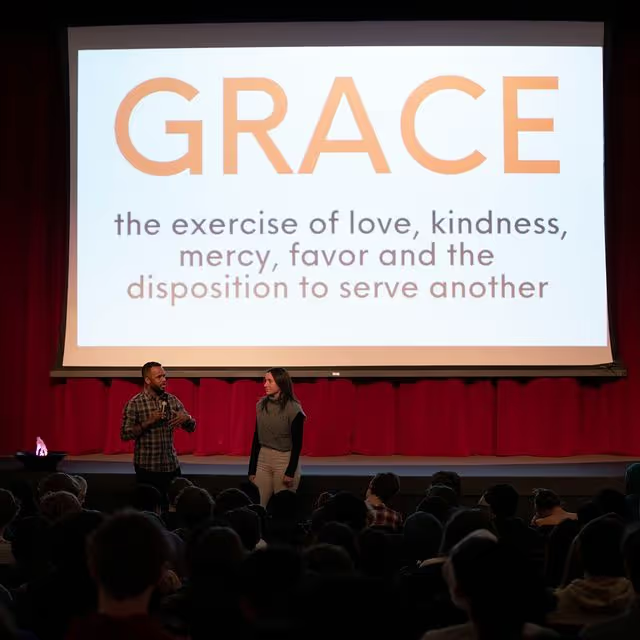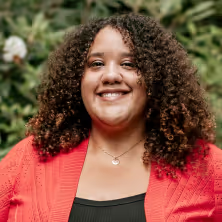I asked for help

I was able to share all my worries and things that weighed on me the most with my friends. Worries that I had never shared before. I was always so scared that people would not want to stay and listen to me, but when my friends sat next to me and I needed to talk, I was able to be vulnerable and trust them. I had never let myself do that before. I pushed myself to ask for help.
-Grade 12

Value of failure

I had. a fearless moment when I competed in the Deerfield Senior Concerto competition. I feared that I wasn't going to win, and I really wanted to win. But in the end, during the competition, I gave my best and played my music. I didn't win in the end, and my fear came true, but in the end, I think it has made me a stronger musician who can accept failure a bit better now.
-Upper School

I can learn quickly

My fearless moment was when I tried out for a solo in chorus. when I was singing in the open, ALONE I looked at my Fearless Band and it made me feel a lot better about myself :)!! But Sadly, someone BROKE MY BAND WHILE I was playing football :( !! so I threw it away I'm so thankful for your time at the _____.
-Middle School

Self Advocate

There are a lot of times at ____ when I feel afraid. Today made me realize how much of a people’s pleaser I am and that it is important to hold myself to the same standards that I hold others to. I am the only person that can advocate for myself. So I put my learning first and emailed a teacher about meeting to go over some work. This is a hard discussion for me to have because I hate talking about grades. Normally I would have pushed this thing under the rug, but if I can't talk to this teacher, how am I supposed to make it in the medical field.
-Upper School




































